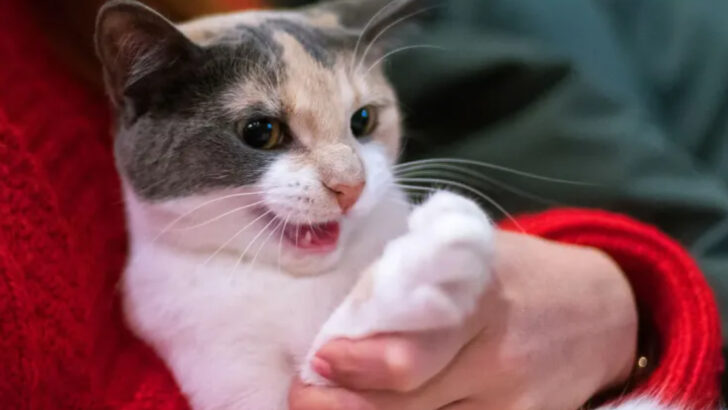Your cat is judging you—and not quietly.
While you’re cooing, petting, or rearranging the furniture, that icy feline stare might mean one thing: You’re annoying me.
Cats aren’t just fluff-covered nap machines. They’re creatures of habit, personal space, and very specific preferences. Cross the line—without even knowing it—and you might find yourself snubbed, scratched, or subject to the silent treatment.
Some of your daily habits? They’re driving your cat up the (carefully clawed) wall.
This post uncovers 11 surprisingly common ways people irritate their cats—and 5 more that crank up the tension even further. Prepare to be exposed, reformed, and maybe forgiven… if your cat feels like it.
Ignoring Their Personal Space
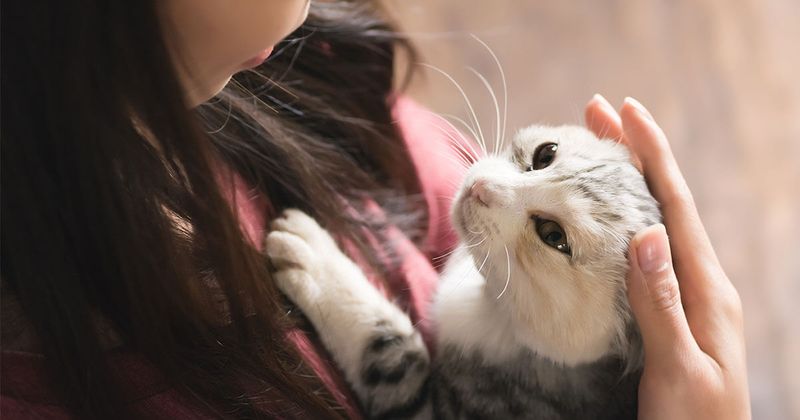
Imagine always having someone in your way, constantly touching you. This is how your cat might feel when you ignore its personal space. Cats, like humans, appreciate their own territory. When you intrude too much, it can lead them to feel threatened or stressed.
Observe your cat’s body language. If its ears are flattened or it withdraws from your touch, it’s asking for space. Allowing them the autonomy to approach you on their terms can strengthen your bond.
Did you know? Cats can have a preferred human, often the one who respects their space the most.
Sudden Loud Noises
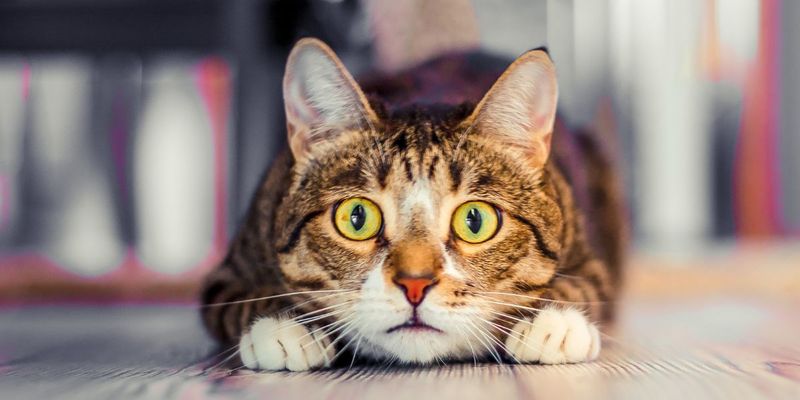
Cats, with their acute sense of hearing, are easily startled by sudden loud noises. Be it a vacuum cleaner, fireworks, or even a loud sneeze, these unexpected sounds can send them fleeing to their hiding spots.
Creating a predictable environment is key. Consider warning your cat before using loud appliances, or even playing soft music to mask external noises during fireworks.
Interesting fact: Cats can hear frequencies as high as 64 kHz, nearly three times that of humans, making them especially sensitive to sudden sounds.
Not Cleaning the Litter Box Regularly
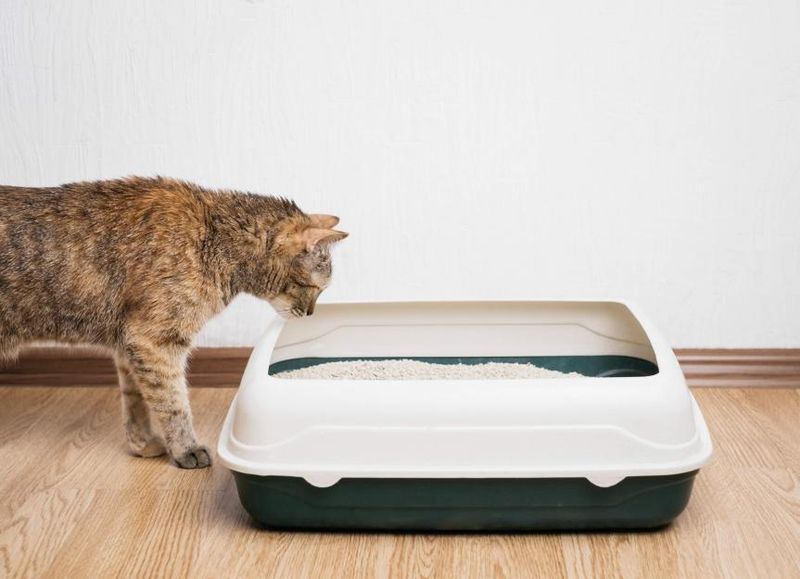
Cats are fastidious creatures, and a dirty litter box is a major source of irritation for them. Imagine using a filthy bathroom; your cat feels the same when its litter box isn’t cleaned regularly.
To keep your feline happy, scoop the box daily and change the litter weekly. Providing multiple litter boxes in a multi-cat household can also help.
Fun fact: Cats have a strong sense of smell and are very particular about their toileting habits, which is why cleanliness in their litter box is paramount.
Excessive Petting
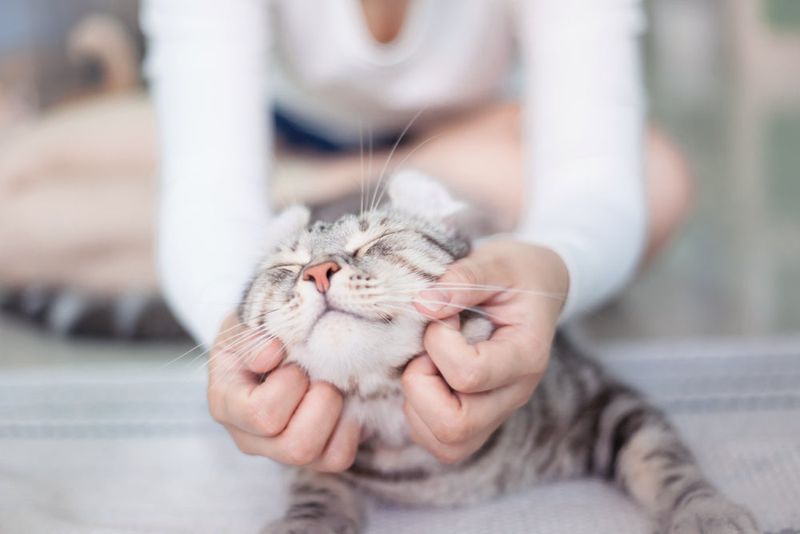
While some cats enjoy affection, there’s a limit to how much petting they can tolerate. Overdoing it can lead to overstimulation, causing them to react with a bite or scratch.
Pay attention to your cat’s cues, like twitching tails or pinned-back ears, indicating they’ve had enough. It’s better to end on a good note than push too far.
Did you know? Some cats have a ‘petting threshold’ and will only tolerate petting for a short period before needing a break. Respect their limits for a harmonious relationship.
Forcing Social Interaction
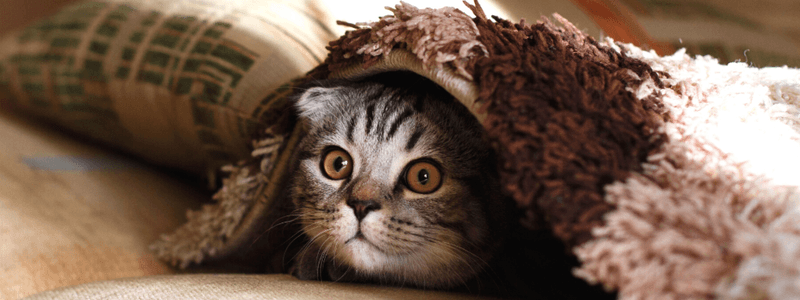
Cats are not always in the mood for social interactions, especially if forced. Like us, they have their moments of needing solitude. Being constantly picked up or forced to interact can make them agitated.
Allow your cat to come to you when it desires company. Understanding and respecting their moods can help in building trust and affection.
Curious detail: Cats have individual personalities, and while some are social butterflies, others are more independent, preferring less interaction.
Ignoring Their Need for Play
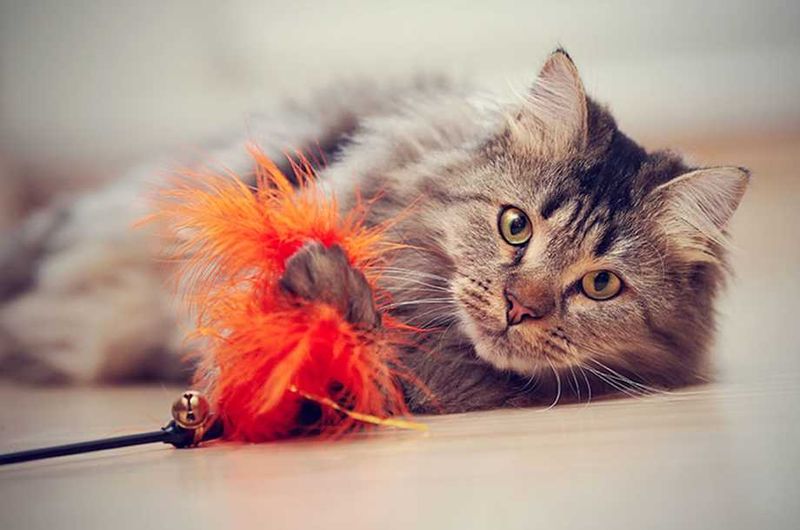
Cats are natural hunters, and play mimics the thrill of the hunt. Ignoring their need for play can lead to boredom and even depression.
Engage your cat with toys that stimulate their curiosity and movements. Regular playtime strengthens your bond and keeps them mentally and physically fit.
Trivia: A cat’s play mimics the stalking, chasing, and pouncing behaviors of hunting, which are crucial for their mental stimulation. Without it, your cat might find other, less desirable outlets for their energy.
Overcrowding Their Environment
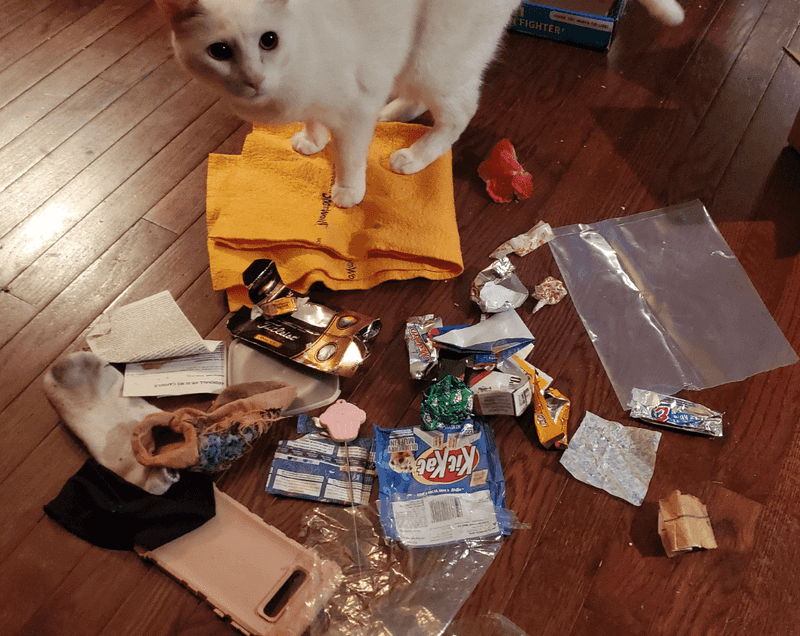
Cats appreciate having their own space and a cluttered environment can be overwhelming. An overcrowded living area can lead to stress and anxiety.
Provide your cat with sufficient space to roam and explore. Vertical spaces, like cat trees, can also help maximize their environment without overcrowding the floor.
Did you know? Cats often prefer high vantage points as it gives them a sense of security and control over their territory. A clutter-free space allows them to feel more at ease.
Teasing and Playing Rough
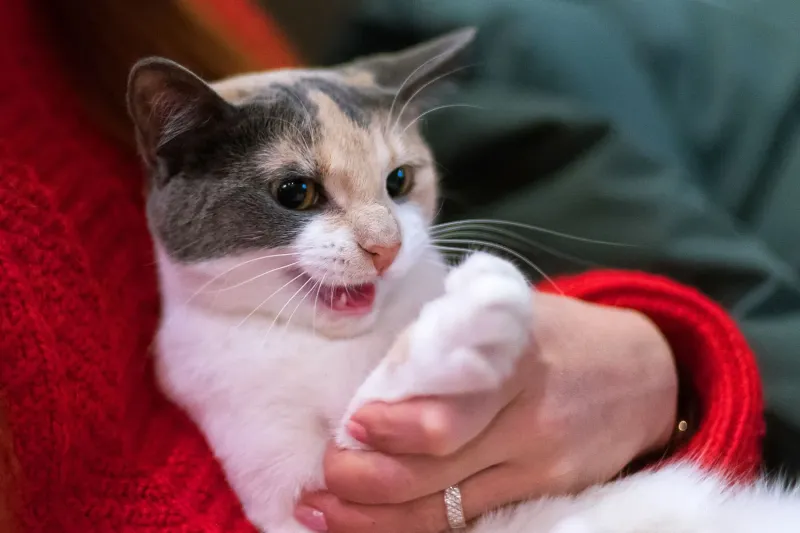
What might seem like playful teasing can actually be distressing for cats. Rough play or teasing with toys can make them feel threatened and defensive.
Instead, engage in gentle play that respects their boundaries. Understanding each cat’s play style will ensure that playtime is enjoyable for both of you.
Fun fact: A cat’s body language during play, like dilated pupils or twitching tails, can indicate their comfort level. Observing these signals can guide you to play more considerately.
Ignoring Grooming Needs
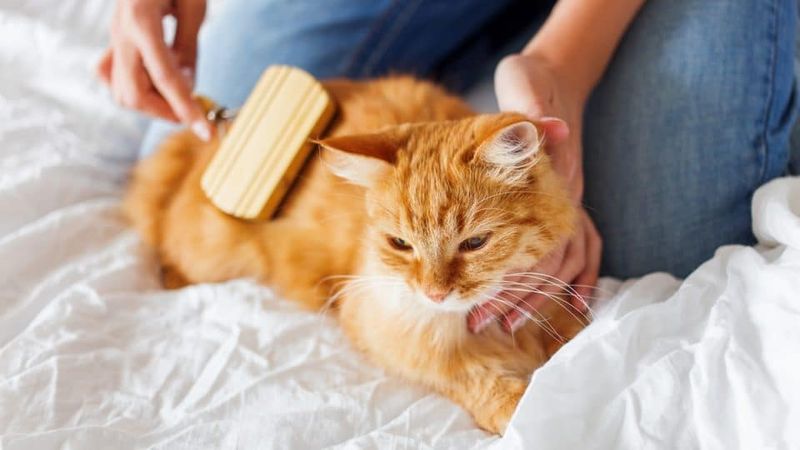
Though cats groom themselves, they sometimes need human assistance, especially long-haired breeds. Ignoring grooming can lead to matting and skin issues, causing discomfort.
Regularly brushing your cat helps remove loose fur and prevents tangles. It’s also a great bonding activity that helps keep your cat comfortable and healthy.
Trivia: Cats spend about 30-50% of their waking hours grooming. This innate behavior is crucial for their cleanliness and comfort, making it essential not to neglect their grooming needs.
Introducing New Pets Abruptly
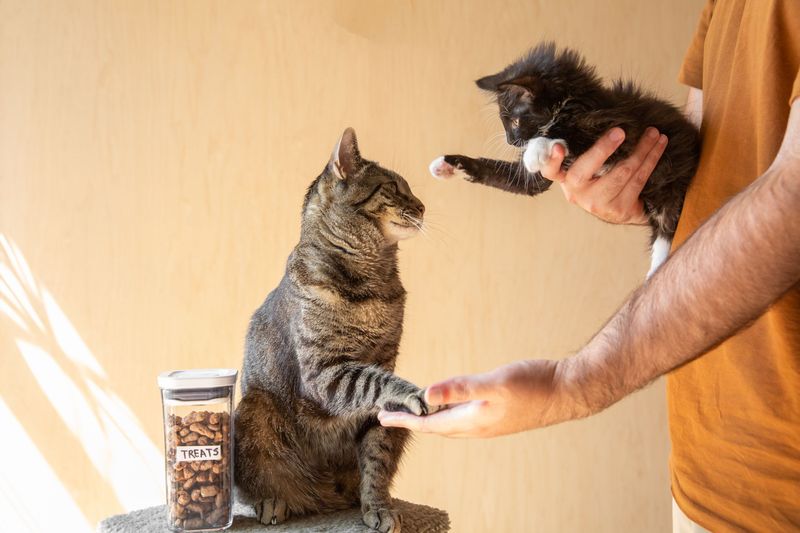
Sudden changes, like introducing a new pet, can be overwhelming for a cat. Abrupt introductions can make them feel threatened and cause territorial stress.
Introduce new pets gradually, allowing your cat to adjust at its own pace. Use separate spaces initially and gradually increase interaction time.
Did you know? Cats rely heavily on smell to recognize individuals, so exchanging bedding or toys between pets can help them acclimate to each other’s scent more comfortably.
Inconsistent Schedules
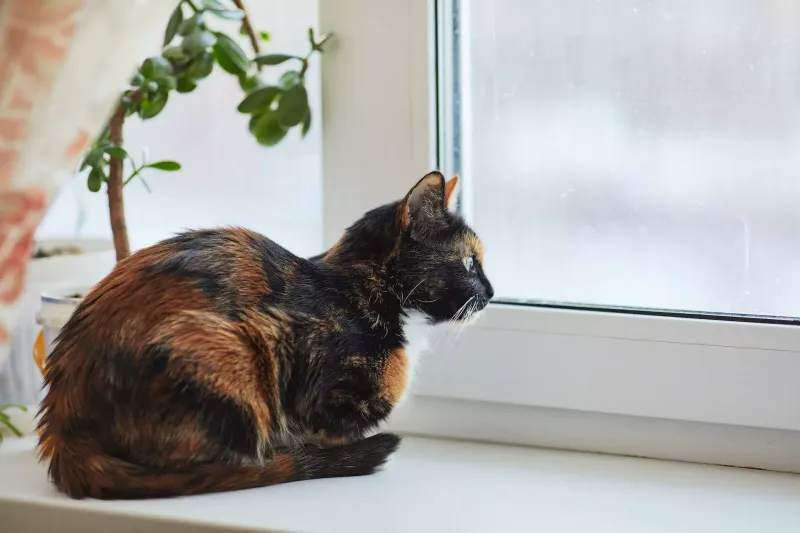
Cats thrive on routine, and inconsistent schedules can lead to anxiety and stress. Regular feeding times and play sessions provide a sense of security and predictability.
Establish a consistent daily routine. Even minor changes can unsettle them, so try to stick to regular times for key activities.
Interesting fact: Cats are crepuscular creatures, meaning they are most active during dawn and dusk. Consistent routines during these periods can help align with their natural behaviors.
Bright Lights and Lack of Hiding Spots
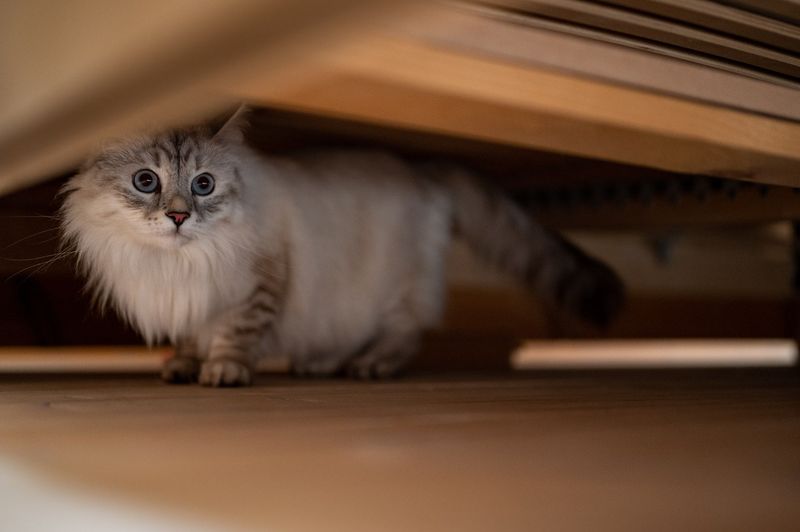
Cats prefer dimly lit environments and the security of hiding spots. Bright lights and open spaces can make them feel exposed and vulnerable.
Create cozy corners and provide shaded areas or covered beds where they can retreat and feel safe. This respects their preference for privacy and security.
Did you know? Cats are crepuscular and have evolved to be most active at dawn and dusk, which is why they prefer softer lighting conditions that mimic these times.
Ignoring Health Check-ups
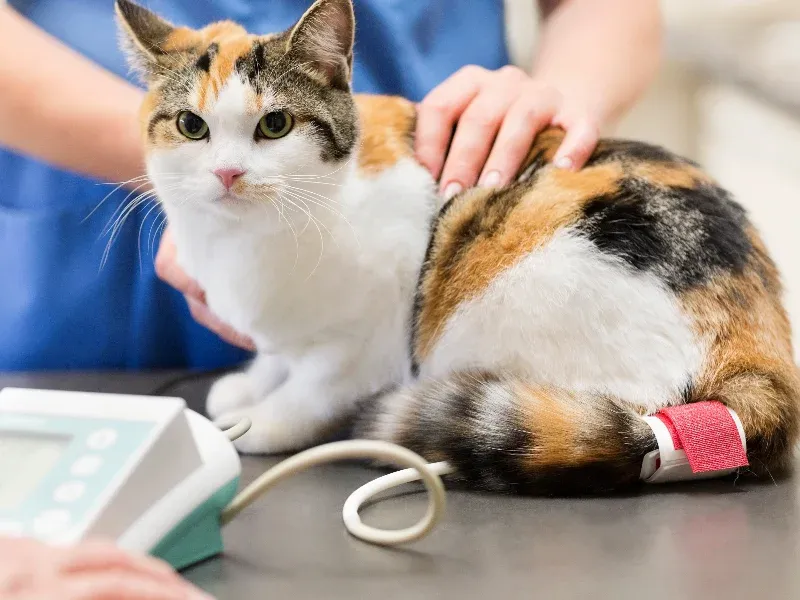
Regular veterinary check-ups are essential for your cat’s well-being. Ignoring these can lead to undiagnosed health issues, causing discomfort and irritability.
Stay attentive to changes in behavior or appetite, and schedule routine vet visits. Early detection can prevent minor issues from becoming serious health concerns.
Trivia: Cats are masters at masking pain, an evolutionary trait to avoid appearing vulnerable to predators. Regular check-ups are crucial to catch what they might be hiding.
Overfeeding or Poor Diet
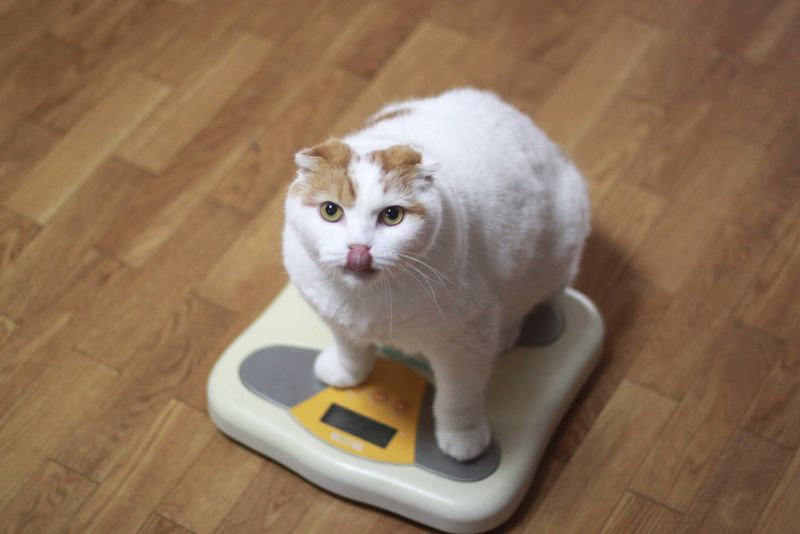
Diet directly impacts a cat’s health. Overfeeding or providing a poor diet can lead to obesity and other health issues, causing discomfort.
Consult with a vet to tailor a diet plan that meets your cat’s nutritional needs. Balanced meals contribute significantly to their vitality and mood.
Did you know? Cats are obligate carnivores, meaning they require a diet high in meat. Providing quality protein and balanced nutrition is essential for maintaining their health and happiness.
Ignoring the Cat’s Subtle Communication
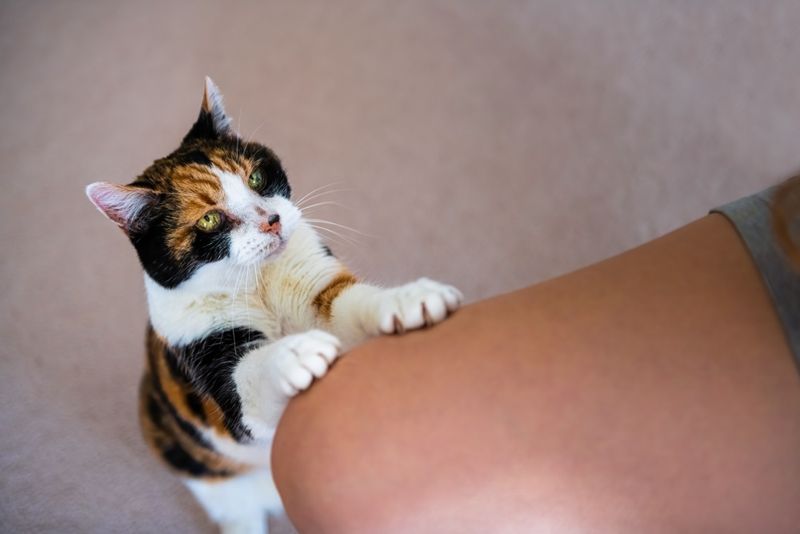
Cats communicate subtly through body language and vocalizations. Ignoring these signals can lead to misunderstandings and frustration.
Learn to read your cat’s communication cues, such as purring, tail movements, or vocalizations. Understanding their language fosters a stronger bond.
Interesting tidbit: Each cat has its unique way of communicating with its owner, and this bond grows as you learn to interpret their signals accurately.
Frequent Changes in Environment
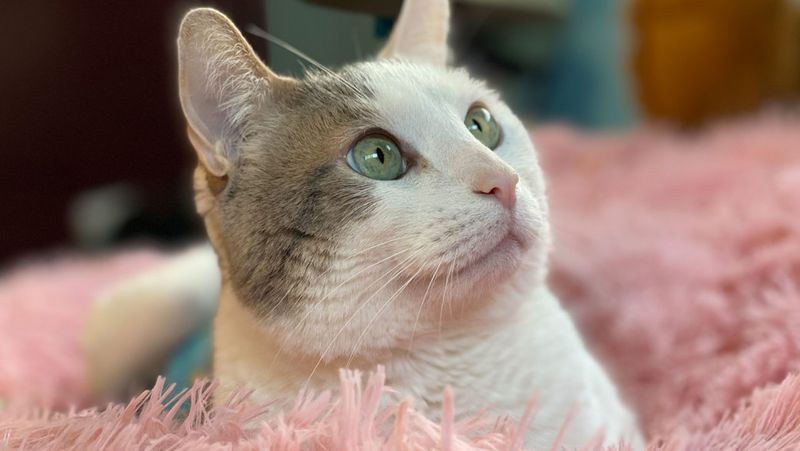
Frequent changes in environment, like moving furniture or relocating, can unsettle a cat. They rely heavily on familiar scents and surroundings for comfort.
Maintain consistency with their belongings and introduce changes gradually. Creating a familiar space amidst chaos helps ease their anxiety.
Curious fact: Cats have scent glands on their face, which they use to mark territory, providing a sense of familiarity. Disrupting these marked areas can contribute to stress.

